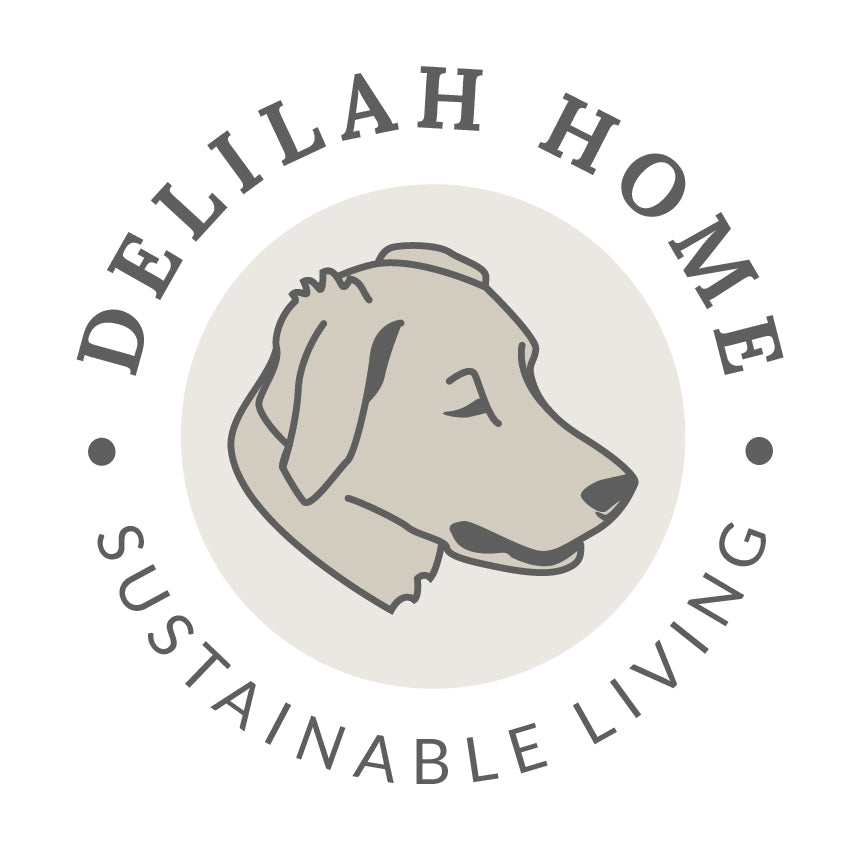Certifications and Affiliations
 |
GLOBAL ORGANIC TEXTILE STANDARD (GOTS) The Global Organic Textile Standard (GOTS) is the world’s leading textile processing standard for organic fibers, including ecological and social criteria, backed by independent certification of the entire textile supply chain. The aim of the standard is to define globally recognized requirements that ensure the organic status of textiles, from harvesting of the raw materials through environmentally and socially responsible manufacturing all the way to labeling in order to provide credible assurance to the end consumer. Textile processors and manufacturers should be able to export their organic fabrics and garments with one certification accepted in all major markets. |
 |
Oregon Tilth Oregon Tilth is one of the largest, third party certifiers for organic textiles, especially to the Global Organic Textile Standard (GOTS). Oregon Tilth insures the entire supply chain is inspection, verified, and certified. This includes our warehouse in Charleston, SC and our corporate office in NC. |
 |
ORGANIC TRADE ASSOCIATION The Organic Trade Association's mission is to promote and protect Organic with a unifying voice that serves and engages its diverse members from farm to marketplace. OTA's vision is to grow Organic to achieve excellence in agriculture and commerce, protect the environment and enhance community well-being. |
 |
GREEN AMERICA Green America certifies businesses that are committed to using business as a platform for social change. Since 1982, Green America has evaluated over 8,000 small businesses. Green businesses adopt principles, policies and practices that improve the quality of life for their customers, employees, communities, and the planet. The members of the Green Business Network are changing the way America does business. |
 |
TEXTILE EXCHANGE Textile Exchange is a global non-profit that works closely with our members to drive industry transformation in preferred fibers, integrity and standards and responsible supply networks. We identify and share best practices regarding farming, materials, processing, traceability and product end-of-life in order to reduce the textile industry’s impact on the world’s water, soil and air, and the human population |
